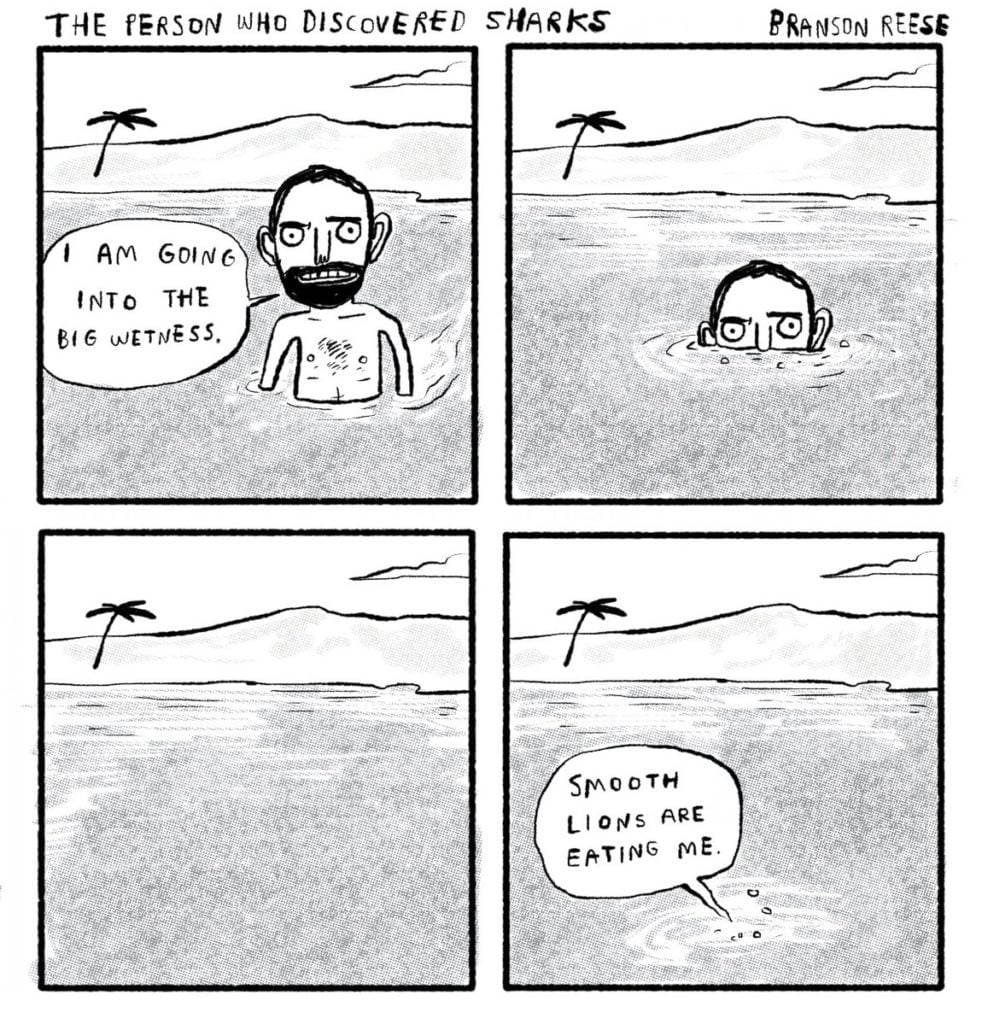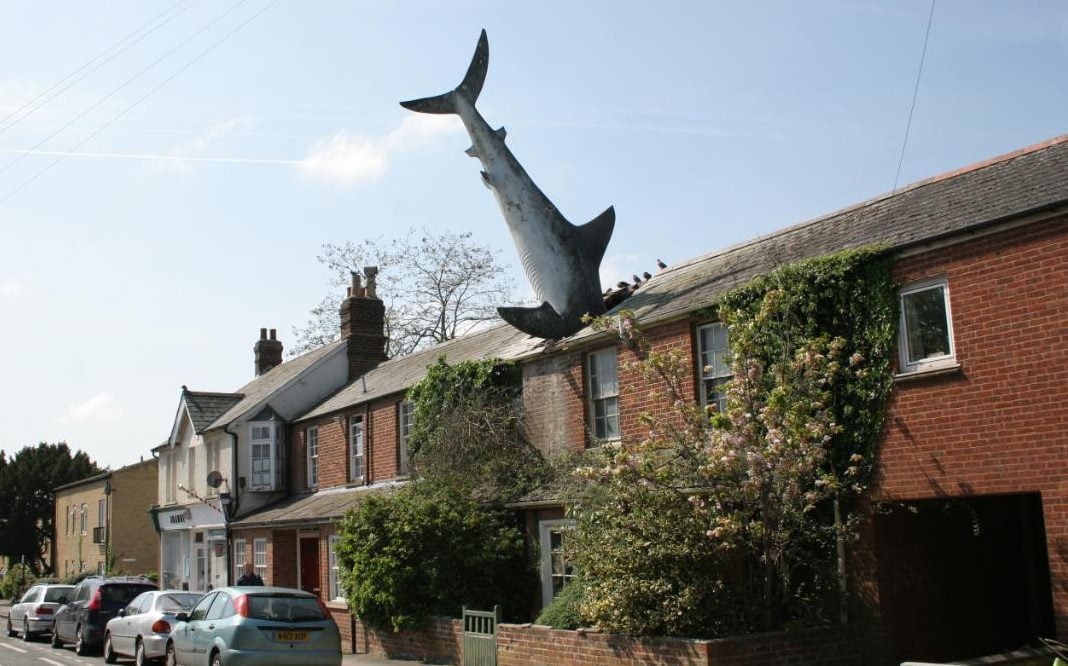There’s an environmental disaster looming off the South African coast (you probably got that from the title of the post, to be fair).
But don’t worry. I have a plan to sort it all out.
First off though, some background. Picture this scene, if you will:
This site was home to an exceptionally large group of sevengill sharks. Divers could dive with up to 70 sharks on a single hour-long dive – no other place in the world had this many broadnose sevengill sharks in one place.
I’m really not into sharks or diving, but I do recognise the importance of biodiversity and the amazing fascination of a pristine location to view, research and interact with wildlife.
That should be protected.
But there is trouble in paradise. Something has changed:
The change was noted with the discovery of several dead sevengill sharks by scuba divers from a popular dive site inside the Table Mountain National Park marine protected area.
Yes, you read that correctly. This unique site – this protected site – for sevengills (as those of us in the know call them) has been desecrated.
This is clearly unacceptable.
Initially, the cause of death remained a mystery because no dead sharks were recovered for examination. Initially fingers were pointed to humans.
And isn’t this always the case? We are a truly appalling species, with ne’er a thought for the flora and fauna with whom we share our planet.
We’re so very destructive. It’s time to buck this trend.
Of course, once a bit of research was done, actually it turned out that it wasn’t humans at all, but Killer Whales that were taking out these sharks (I mean, the clue’s in the name, guys), tearing them apart solely for their livers:
There were distinct bite marks on the pectoral fins of the dead sharks. These evenly spaced, circular tooth impressions were identified as most likely being from a “flat-toothed” killer whale, which is rare in coastal waters. There were no bites anywhere else on the body, indicating that the killer whale (or whales) had likely pulled on the pectoral fins to open up the body cavity, to remove the liver.
When humans do this: take one part of a shark’s body and dump the rest, there’s outrage. And so should there be in these cases too.
It should be noted that these monochromatic bastards hunt dolphins too. Back in 2010, I witnessed sheer terror in a pod of dolphins as the killer orca followed them into the shallows near Simonstown. This pursuit wasn’t accidental. It was clearly done on porpoise. It was a horrifying sight.
The unique shark – and dolphin, and seal – population of False Bay is being decimated and no-one is doing anything about it.
Until now.
Because if the authorities are going to drag their feet over some sort of response to this awful slaughter, then us mere citizens must step up to the metaphorical plate.
That’s why I’ve been in touch with a number of whaling companies in Japan and Norway, and I’m happy to report that there’s definitely some good interest in coming down and spending a few weeks in the sunny Cape protecting our unique marine habitats.
Let’s face it, it’s cold up North at this time of year and when one can bring one’s crew out on a jolly to such a beautiful place and earn brownie points from the local population by picking off a couple of destructive predators, you’re not going to look a gift horse in the mouth, are you?
Look, it’s early days because both Captain Nordstrom and Mr Yashimato are still unsure about how they’re going to get their boats across the Atlantic and Indian Oceans respectively, but I’m confident that we can work something out and knock off these troublesome black and white twats and save our False Bay sharks before it’s all too late.
Watch this space.



